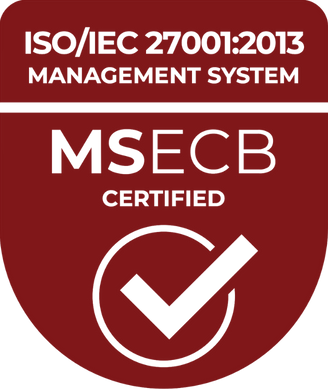Sustainable digitisation – The Consulting industry must take the lead .

“According to DN, in terms of digitisation, Sweden is falling behind other countries. This is worrying as digitisation is a prerequisite for sustainable development.
However, what has to be taken into consideration is that in order to create sustainable processes digitally, digitisation itself must also be sustainable. This is where consultants play an important role. We are responsible for making sure that future digitalisation initiatives are as sustainable as possible” – Maria Hansson, digitisation strategist and consultant in Sustainable digital ecosystems at the IT consulting company Solita.
In an article, DN asserts that “we live in the promised land of IT accidents”, and mentions the School Platform as an example. It is a clear example of unsustainable digitalisation, which wastes resources because it takes time, energy, and money from other things that have been more useful and given more value. It is not sustainable.
As is well known, sustainability is about managing the earth’s resources. Agenda 2030 consists of 17 global goals in environmental, social, and economic sustainability. We all know that there is a lot to do and that it is in a hurry. The good news is that today’s pace of innovation and rapid digitalisation create great opportunities for us to achieve many of these goals.
Digitisation – The right way
We must challenge the irresponsible use of technology undermining our digitalisation, but doing it in a sustainable way is a great challenge.
To explain the concept of sustainable digitisation, it is good to mention the opposite, unsustainable and short-term digitisation. For example, an app used to book the laundry room, an (additional!) app used to pay for parking, or an app for visualizing energy consumption. These apps can of course be good and appreciated by users, but if the apps are developed at the expense of strategically more important elements, then digitisation is done the wrong way.
It’s about stopping the digitialisation of unimportant details. Consulting companies, that should know better, must stop selling digital products and services to customers who do not know why, what, and how they should digitise their business. We need to secure the basic digital capabilities of our customers. Things like taking care of and nurturing their information, guaranteeing data security, creating reusable APIs for accessing data, ensuring functioning internal processes, and qualitative roll-out of new customer interfaces and, for example, new IoT data. Sustainable digitalisation begins with buyers of digital services buying the right things.
The consultants responsibility
But before we can even start talking about priorities, we need to understand each other’s language – the language of digitisation. It can be likened to baking. It is difficult to bake if you do not understand the recipe and if you do not know the ingredients that you need. Part of our customer strategy is about enabling heightened competence and teaching about concepts. What does this mean, for example, digital capability, master data, automation, public APIs, and data platform?
Consultants have a great responsibility for challenging digital processes and sustainability. Our mission is to contribute to the new way of digitisation with competence and pedagogy. We have neither the time nor the means for misunderstandings, assumptions, incomprehensible descriptions of goals and objectives, or a language that perhaps only a small part of the business understands. We need to make sure that the buyers of our services buy the right things. Of course, it is not easy and therefore it is often here that things go wrong. Decision-makers need to acquire the right skills. Here we consultants can contribute with training. Transformation and change are so much more than writing development agreements or purchasing technical solutions.
The problem with short-term digitisation is twofold. Companies and organisations that are not digitally mature are doing the wrong thing. Because collaboration is not enough, everyone is trying to invent the wheel. It is simply not sustainable for company A in the north and company B in the south to do the exact same thing. With the same needs and goals, but in different places, in separate projects, and with separate budgets. It is a waste of resources because it steals time, energy, and money from other things that have been more useful and given more value. It is not sustainable. If tax money is also in the picture, it is directly provocative.
Digital innovation potential
It is, of course, about saving time and money – and creating a sustainable business development that provides as much value as possible per invested SKR. Consultants must ensure that customers do not start at the wrong end and need to patch and repair afterward. It always costs a lot more, both in time and money.
Innovation is one of the most important parts of dealing with the world’s rampant use of resources and we all know that digital innovation has enormous potential. But innovation also requires other elements to create sustainable change and results. Without supporting machinery, a common framework for sustainable digitisation, digital innovation risks becoming powerless, almost meaningless.

Gästbloggare - Maria Hansson, digitaliseringsstrateg och senior konsult inom Hållbara digitala ekosystem på it-konsultbolaget Solita
Gästbloggare - Maria Hansson, digitaliseringsstrateg och senior konsult inom Hållbara digitala ekosystem på it-konsultbolaget Solita
You may also like...
All posts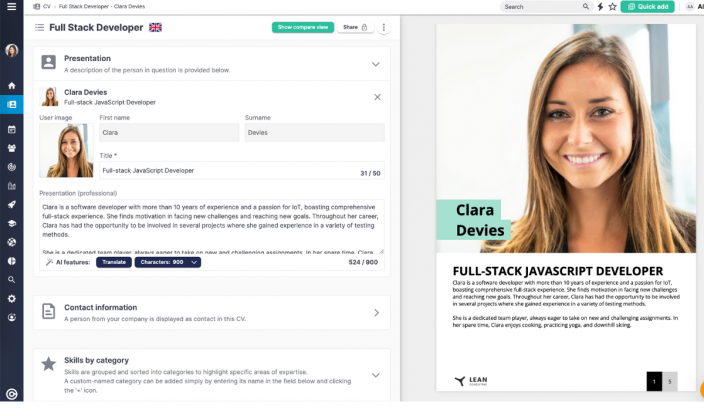
Apr 09 2024 · Cinode, Consulting
Your Consultant Resume on Autopilot with AI Support

Mar 28 2024 · Consulting
6 Easter Eggs to improve your Consultancy

Mar 26 2024 · Cinode, Consulting
8 Important Reasons to Expand Your Network of Subcontractors and Partners – And How to Do It!
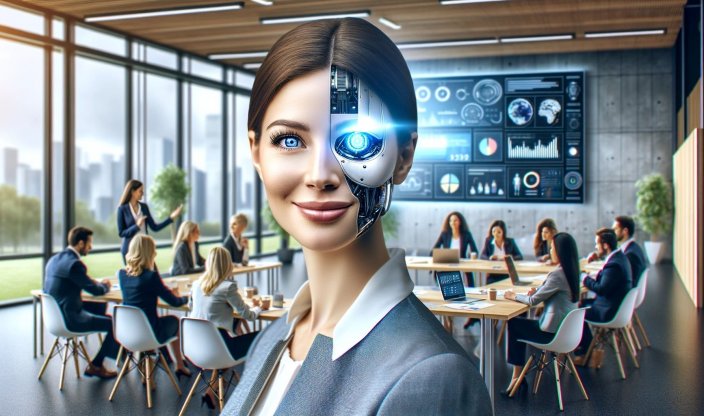
Mar 19 2024 · Consulting
The hybrid consultant creates greater value for the customers, themselves, and the consulting company
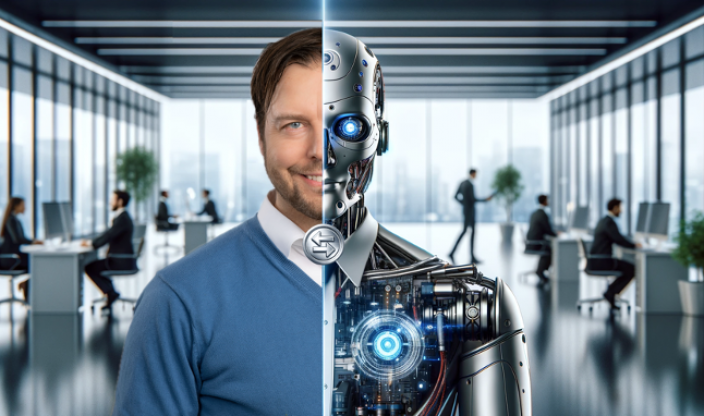
Mar 12 2024 · Consulting
Soon we all have to become hybrid consultants

Feb 08 2024 · Consulting, Entrepreneurship
The advantages of digitizing your consulting process

Jan 31 2024 · Consulting, Entrepreneurship
Are you swimming in the red or blue ocean? Dominate your market through a “Blue Ocean” strategy

Jan 25 2024 · Consulting
How to Reduce Bench Time in Your Consulting Firm

Dec 06 2023 · Consulting, Entrepreneurship
AI – an impending shift within the junior consulting profession
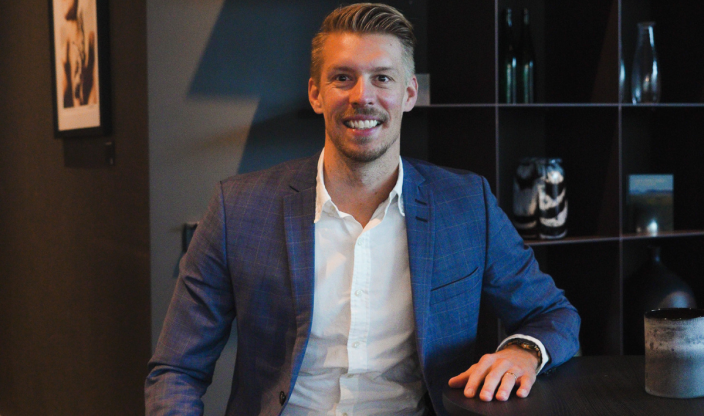
Nov 23 2023 · Consulting, Entrepreneurship
Being kind at work pays off
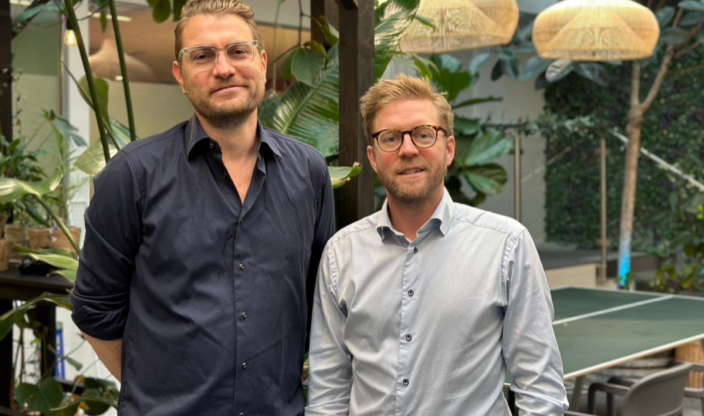
Nov 08 2023 · Consulting, Reference case
Redeploy Group expands the offer with data and AI services and aims for Nordic expansion

Oct 31 2023 · Consulting
